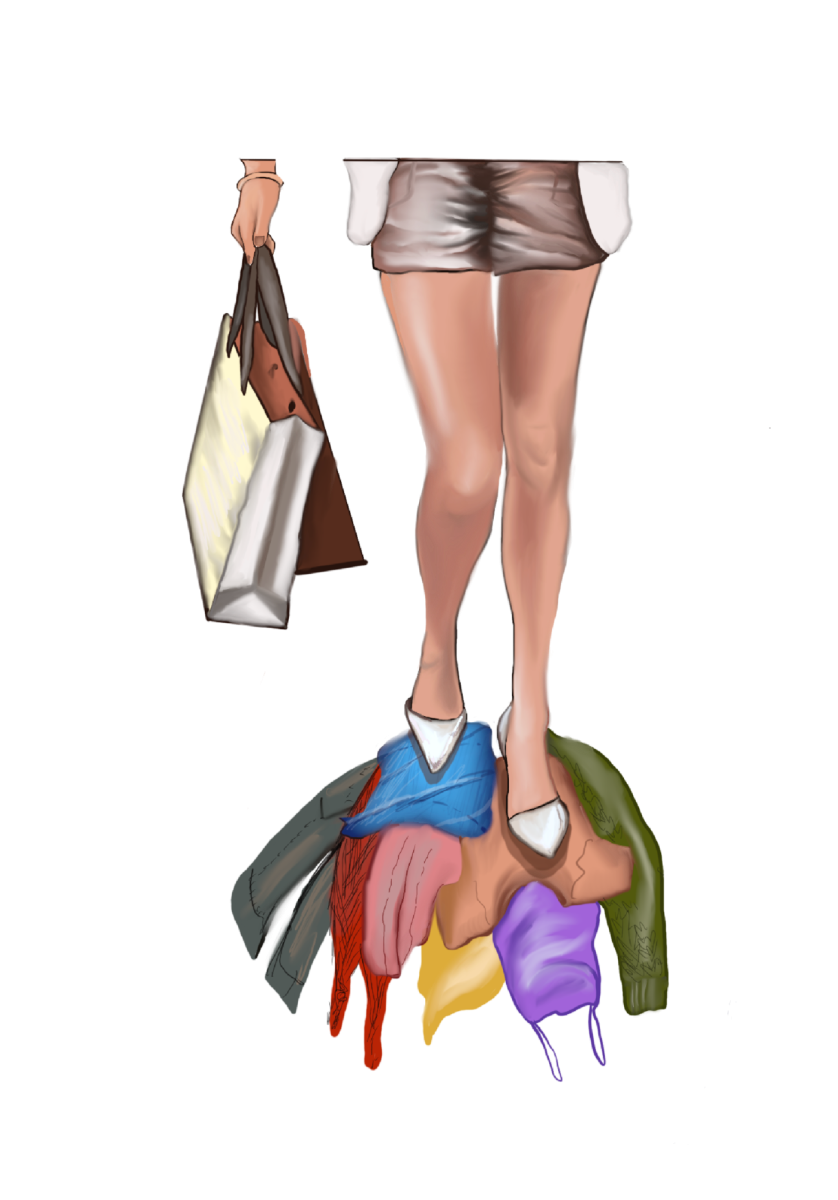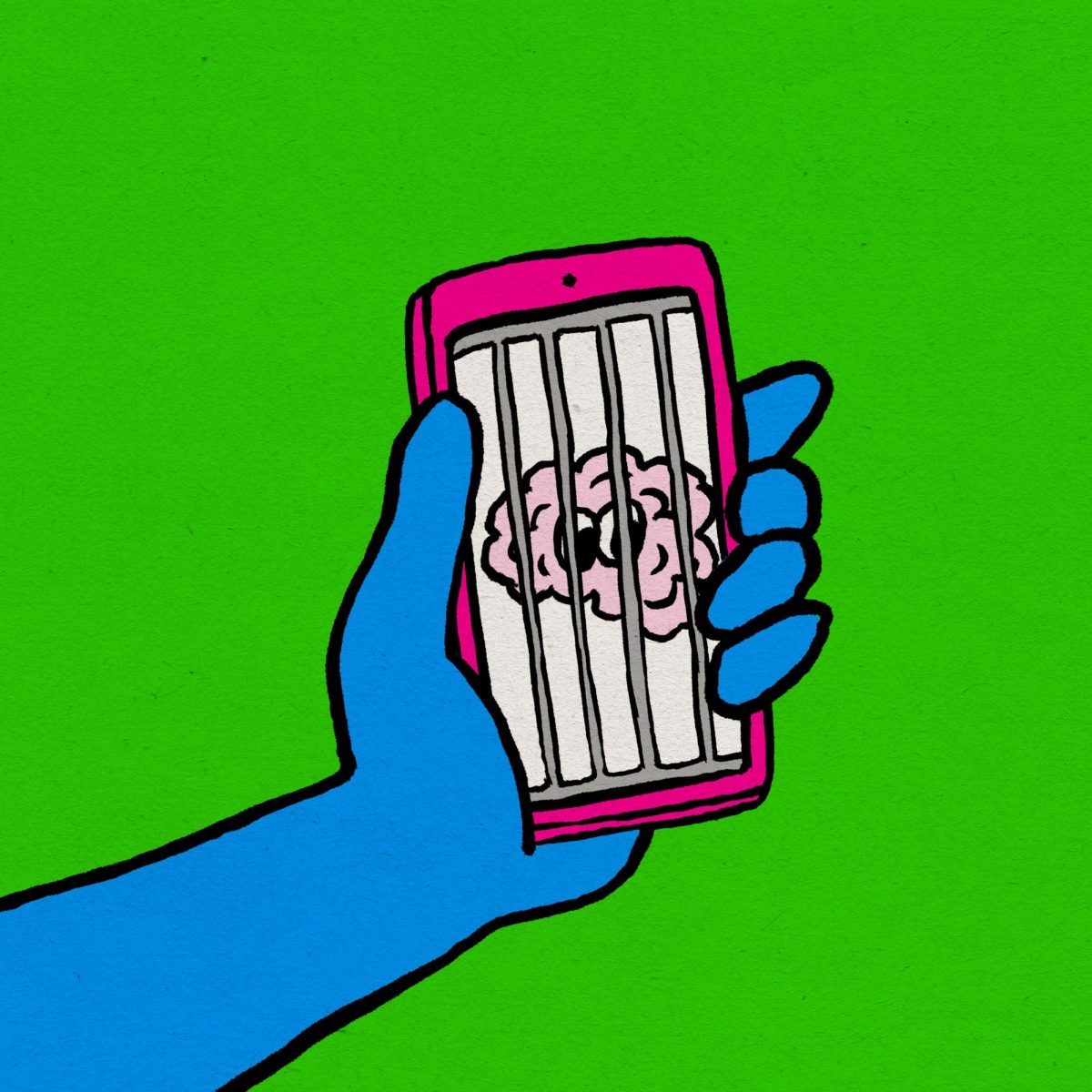During my CORE Conversations class this semester, we read “Whatever” by Michel Houellebecq. Originally published in French, the book’s original title, “Extension du Domaine de la Lutte,” translates to “extension of the domain of struggle.” The novel primarily follows the consequences and intersection of economic and sexual liberalism. While Houellebecq’s story is often quite thought-provoking, the novel as a whole is grossly misogynistic, taking away the book’s potential. Although not every CORE Conversations class reads “Whatever,” the choice to include it as part of the curriculum is disappointing.
The narrator, an unnamed 30-year-old man, travels to the French city of Rouen with his coworker Tisserand, who comes to inform him that he is a 28-year-old virgin. The narrator’s conversation with Tisserand sparks his analysis of economic and sexual liberalism. He contends that just as capitalism has resulted in extremes of great wealth and poverty, sexual liberation has also produced similar extremities of sexual gratification and sexual impoverishment. Through this realization, the narrator believes both economic and sexual liberalism represent an “extension of the domain of struggle.”
The narrator later convinces Tisserand to join him at a disco. During the event, Tisserand initiates a conversation with a young girl the narrator believes to be no older than 15 years old. After briefly dancing together, however, Tisserand places his hand on her butt, and she rushes off the dance floor. The young girl begins dancing instead with a man the narrator depicts as “half black.” In response, the narrator tells Tisserand to accept a life of sexual failure and instead begin a “career of murder.” Although the narrator pushes Tisserand to kill women who reject him, Tisserand expresses that he would rather kill the man. As the young girl and man leave, Tisserand and the narrator follow them to a secluded beach; Tisserand approaches the couple but ultimately decides not to follow through with the act.
Although Houellebecq may be attempting to underscore important themes of capitalism’s dangerous effects on society, it is executed poorly and instead perpetuates and affirms misogynistic attitudes. Houellebecq employs a level of satire to communicate how economic liberalism has resulted in the commodification of sexuality and, consequently, extremes of sexual gratification and impoverishment. However, at certain points, I felt that the satire transcends being humorous and becomes flat-out offensive.
Throughout the novel, the narrator consistently belittles and over-sexualizes women. For starters, older female characters are rarely referred to as “women,” with women as old as forty repeatedly called “girls.” Not only does this objectify women, but it also infantilizes them, reinforcing patriarchal power dynamics by implying his colleagues of equal age and status are subordinate. Additionally, there are several instances in which the narrator refers to these women using derogatory language. This, again, degrades the status of women in a way that can be seen as permissible by those reading it, as this harsh language is used liberally and without criticism. Furthermore, when the narrator describes new female characters in the book, the first thing he notes is their appearance. He states whether they are attractive or undesirable, what they are wearing, their age and presumed relationship history. However, this is rarely done in regard to his descriptions of male characters.
In the end, I do understand the intended reason for reading “Whatever” as part of CORE Conversations. The book highlights a perceived downfall of society in which capitalism has resulted in the commodification of sexuality. Of course, I understand these themes may be interesting to discuss in classrooms, due to how they frequently force students to critically engage with sides of topics they may disagree with and their potential for driving well-rounded perspectives. However, Houellebecq’s use of satire is poorly executed, causing the desired themes to become lost. Instead, a reader is left with vague memories of a misogynistic narrator and his defense of his sexist actions and attitudes.
Rating: 1/5













